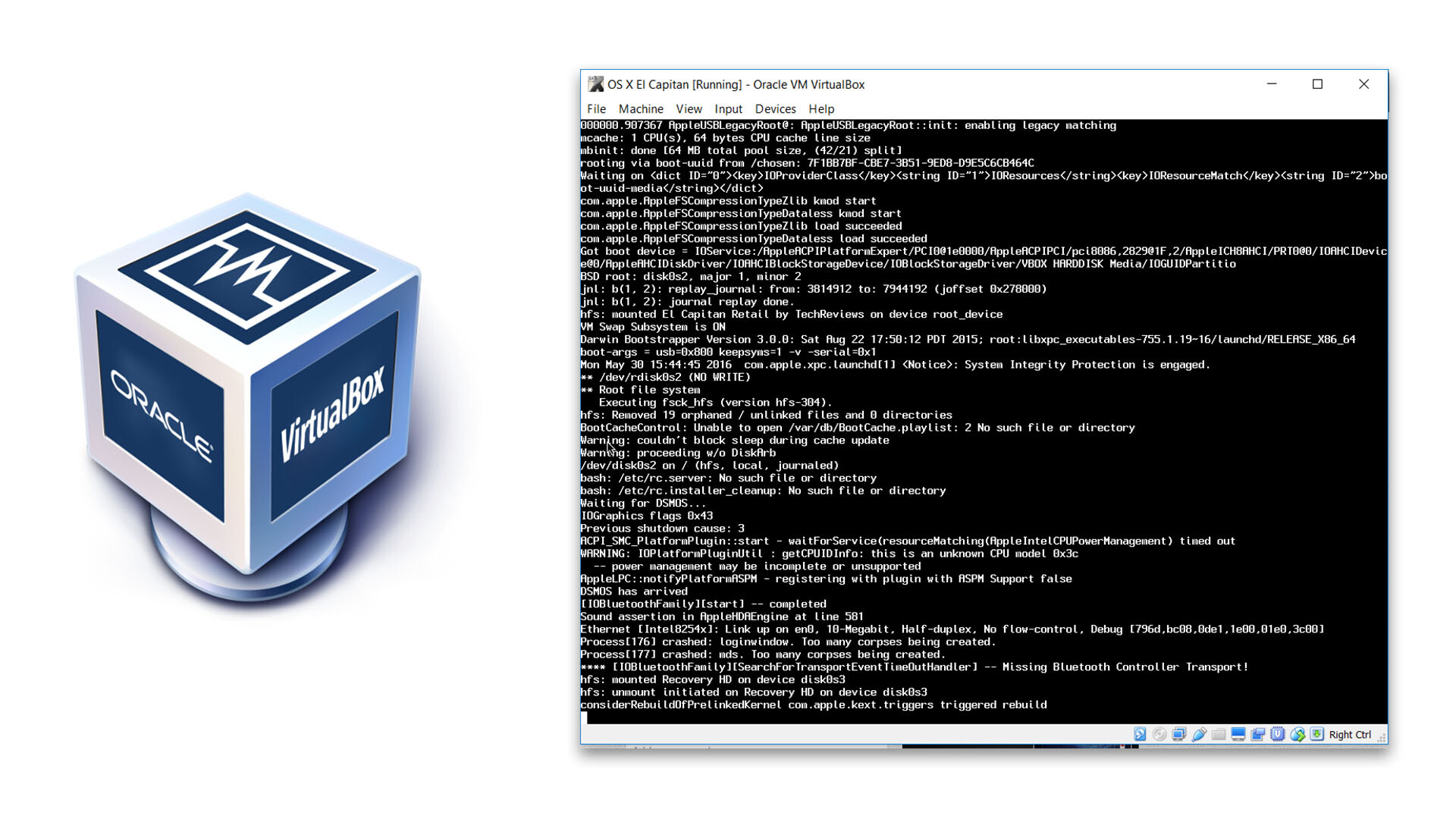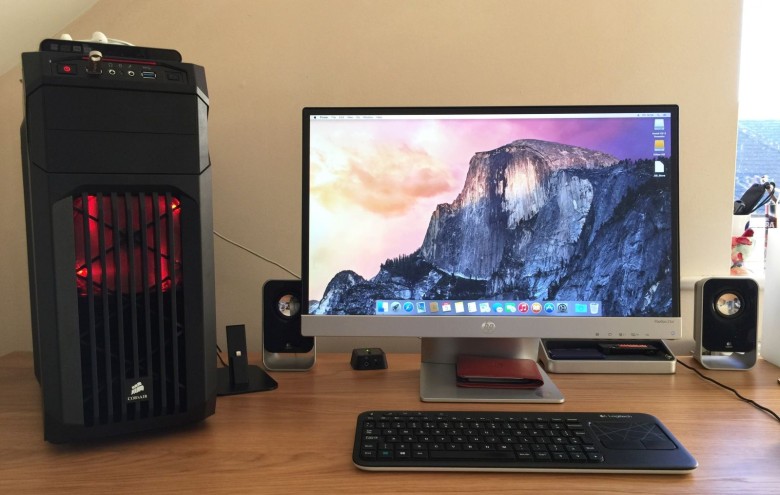

- #How to modify os x kernel for amd serial
- #How to modify os x kernel for amd code
- #How to modify os x kernel for amd mac
Early hardware support is much better than late support (or no support at all). While these changes won’t affect current users, it is great to see them anyway. – Support more gen 9 and Tigerlake PCH combinations
#How to modify os x kernel for amd code
– Refactor display code to shrink intel_display.c – Alder Lake S enabling, via topic branch

The pull request highlights some of the major changes regarding Intel GPUs: This trend seems to continue with the integration of preliminary support of Alder Lake S GPUs. Intel has a long history of great support for its integrated graphics on Linux.
#How to modify os x kernel for amd mac
– Devicetree for the Mac Mini (should work for the others too at thisĭespite these limitations, this is a huge achievement and paves the way for a future of Linux on the M1. – SMP (through standard spin-table support) – Interrupts, including affinity and IPIs (Apple Interrupt Controller) – UART (samsung-style) with earlycon support The following features are supported in this initial port:
#How to modify os x kernel for amd serial
Instead, this change is extremely limited, with only a UART serial console currently supported. Please bear in mind that this does not mean that you can just fire Linux up on a M1. While we already covered that Linux Kernel 5.13 will be the first Kernel with early support for Apple M1, it is finally here. The most notable change-the new Apple M1 support is the first step to allowing these exciting new machines to be powered with Linux. To get a clearer picture of what these improvements mean, let’s dive into some brief details. These should provide an improved experience to many users, especially those using the latest hardware.


 0 kommentar(er)
0 kommentar(er)
